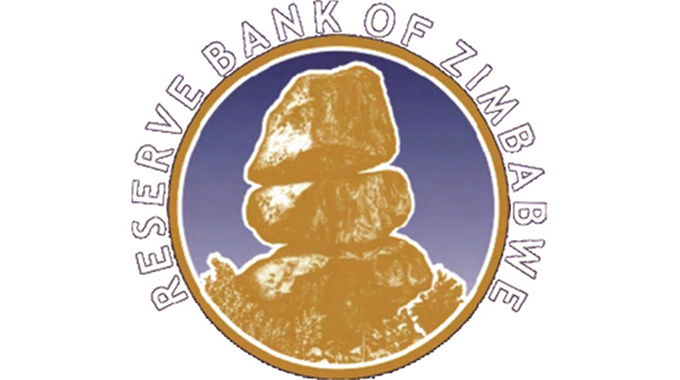Source: RBZ Treasury Bills top $1,5 billion | The Herald December 3, 2019
Over the past four months, the Government has made significant cuts to expenditure in five main areas, notably reducing the public wage bill and retiring over 3 000 youth officers Oliver Kazunga Bulawayo Bureau
The Reserve Bank of Zimbabwe (RBZ) has since August this year issued through an auction system Treasury Bills worth over $1,5 billion.
The market’s strong appetite for the debt instrument has been increasing as Treasury seeks to raise funding to support Government operations amid concerns of lack of external credit support to meet Zimbabwe’s budgetary needs.
The Treasury Bills (TBs) have been floated in varying amounts with the latest debt instrument issued yesterday seeking to raise $300 million. The latest TBs, which among other features has a prescribed asset status, liquid status and tax exemption, opens and closes today.
The interest rate on the latest TBs is calculated at an “auction tender” on a yield basis. In separate interviews yesterday, economic analyst said given the budgetary constraints as spelt out in the 2019 mid-term national budget, the only source of raising funding for Government to finance its programme was floating the debt instruments.
Economic analyst Mr Morris Mpala said: “I think they are just trying to go through via the normal route in terms of accessing funds, which is going to the open market and be able to go for bids or tenders so that people can place in their bids and be able to do what’s needed to be done.
“They are trying to get money from the market to finance Government activities.”
He said the appetite for issuing TBs by Government was also emanating from a number of proposals to support the economy outlined in the national budget.
For instance, Mr Mpala said the reduction of corporate tax levels also meant that Government was to adopt other means to improve its revenue to support its expenditure and one way was through TBs issuance.
The Central Bank has floated the TBs targeting banks, asset managers, insurance, pension funds and other corporates.
He said some players in the market have subscribed to the TBs issued by Government as they feel more comfortable and secure in buying the paper bonds by the central government unlike going to a private company for a placement. Asked if the issuance of the TBs would create money supply growth in the economy, which will trigger inflationary pressures, Mr Mpala said: “To some extent we might say no because you are taking the other money (from the private sector) and buying those TBs directly, so it’s like if the Government wants $200 million, it means there is going to be that $200 million leaving people’s accounts going the other side.
“We can’t say there is really any increase in money supply because money is being taken from the private sector to meet Government expenditure and when those debt instruments mature, the Government goes back to the market to raise funding to settle the arrears.
“The only challenge will be the ability for Government now to service these debts as they become due,” said Mr Mpala.
He said as the issuance of TBs continues there is a need for the Central Bank to stick to the rules of corporate governance to trigger confidence in the market. Another economist Mr Persistence Gwanyanya said TBs were instruments used by central governments to finance their programmes.
“In our case, the TBs are used mainly to finance the deficit in the supplementary budget announced by the Minister of Finance. In that supplementary budget, we are expecting total expenditures of about $18 billion, which gives us a deficit of $5,2 billion.
“The $5,2 billion deficit has to be financed and one way of financing that deficit is through issuance of treasury bills,” he said.
Mr Gwanyanya also allayed fears of TBs triggering inflation in the economy due to money supply growth as has been the case in the past.
“In the past, the TBs triggered inflation in the economy through increasing money supply growth because the expenditures by Government were not budgeted for. But we have budgeted for excess expenditure to revenue of $5,2 billion this year or four percent of the Gross Domestic Product (GDP). So, this will not create inflationary pressures in the economy,” he added.
Another economic analyst Mr Peter Mhaka echoed similar sentiments adding that Treasury was a step in the right direction as far as issuing the TBs through an auction system to finance its programmes.
The post RBZ Treasury Bills top $1,5 billion appeared first on Zimbabwe Situation.
